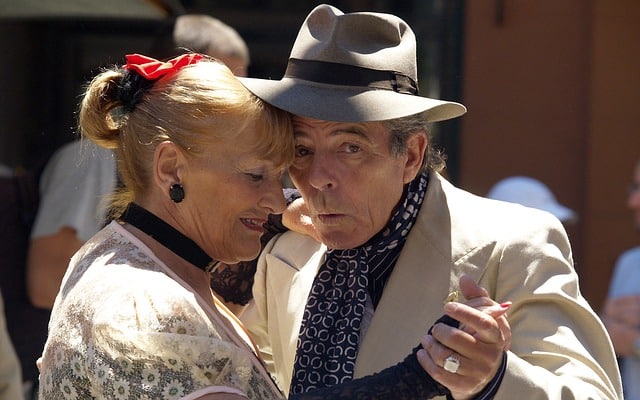
Argentina is a huge country with unparalleled landscapes.
Argentina is the name of a country located in South America . It borders Chile , Bolivia , Paraguay , Brazil and Uruguay and has an extensive coastal strip next to the Atlantic Ocean .
History
The term Argentina comes from the Latin word argentum , which can be translated as “silver.” The name is linked to the supposed widespread presence of silver mines in the region, an erroneous belief held by European conquerors who arrived in the area in ancient times.
The origins of Argentina as an independent State date back to July 9, 1816 , when the United Provinces of the Río de la Plata separated from the Viceroyalty of the Río de la Plata and ceased to depend on the Spanish Crown . Before, in 1810 , the First Government Board had already been formed after the so-called May Revolution .
Organization of the territory
Argentina is currently divided into 23 provinces plus the Autonomous City of Buenos Aires , which is the national capital. The State is organized as a democratic, federal and representative republic .
It is important to mention that each province has its own three autonomous powers ( Executive Branch , Legislative Branch and Judicial Branch ). The Constitution establishes how these powers are integrated into the national organization.
In front of the world
Due to its territorial area, Argentina is the eighth largest country in the world . However, it is not among the thirty with the largest number of inhabitants, which shows that a good part of its territory is not densely populated.
Writers such as Jorge Luis Borges and Julio Cortázar ; exponents of tango such as Carlos Gardel and Ástor Piazzolla ; and athletes such as Diego Armando Maradona , Lionel Messi , Emanuel Ginóbili and Gabriela Sabatini are some of the Argentine personalities who, throughout history , transcended borders.
Playpen
The term corralito , diminutive of corral , in Argentine territory is used to refer to a piece of furniture similar to a crib in which the little ones can sleep and play while parents cannot supervise them. Since it has bars on all four sides, the baby cannot get out, so there is no risk of him walking around the rest of the house. This idea of immobilization was used to give name to the savings restriction that citizens suffered since 2001.
The official announcement was made by the then President of the Nation, Fernando de la Rúa , on December 3, and the measure prohibited access to cash that Argentines had deposited in savings banks, fixed deposits and checking accounts, so that He was "trapped", as if he were in a real corral. Argentina went through one of its darkest periods on a political and economic level since then, and its currency devalued to levels impossible to imagine, reaching a deterioration that even two decades later was not reversed.

Tango is popular all over the world
The corralito itself was extended until December 2 of the following year, when the Government announced that the deposits would finally be released. This term had such an impact on all Spanish-speaking news programs that it began to be used in other countries every time they suffered a similar situation .
The goal of such a measure was that the banks would not run out of money, something that in theory would have caused a panic situation and a collapse of the system itself. The Minister of Economy, Domingo Cavallo , another positive aspect of the corralito was that it promoted the use of electronic payment, a method that in principle makes tax evasion impossible. It is worth mentioning that before the closure of 2001, a crisis arose that led Argentina to a situation of unprecedented instability, in which the country had five presidents and other prohibitions that severely isolated it from the rest of the world.
